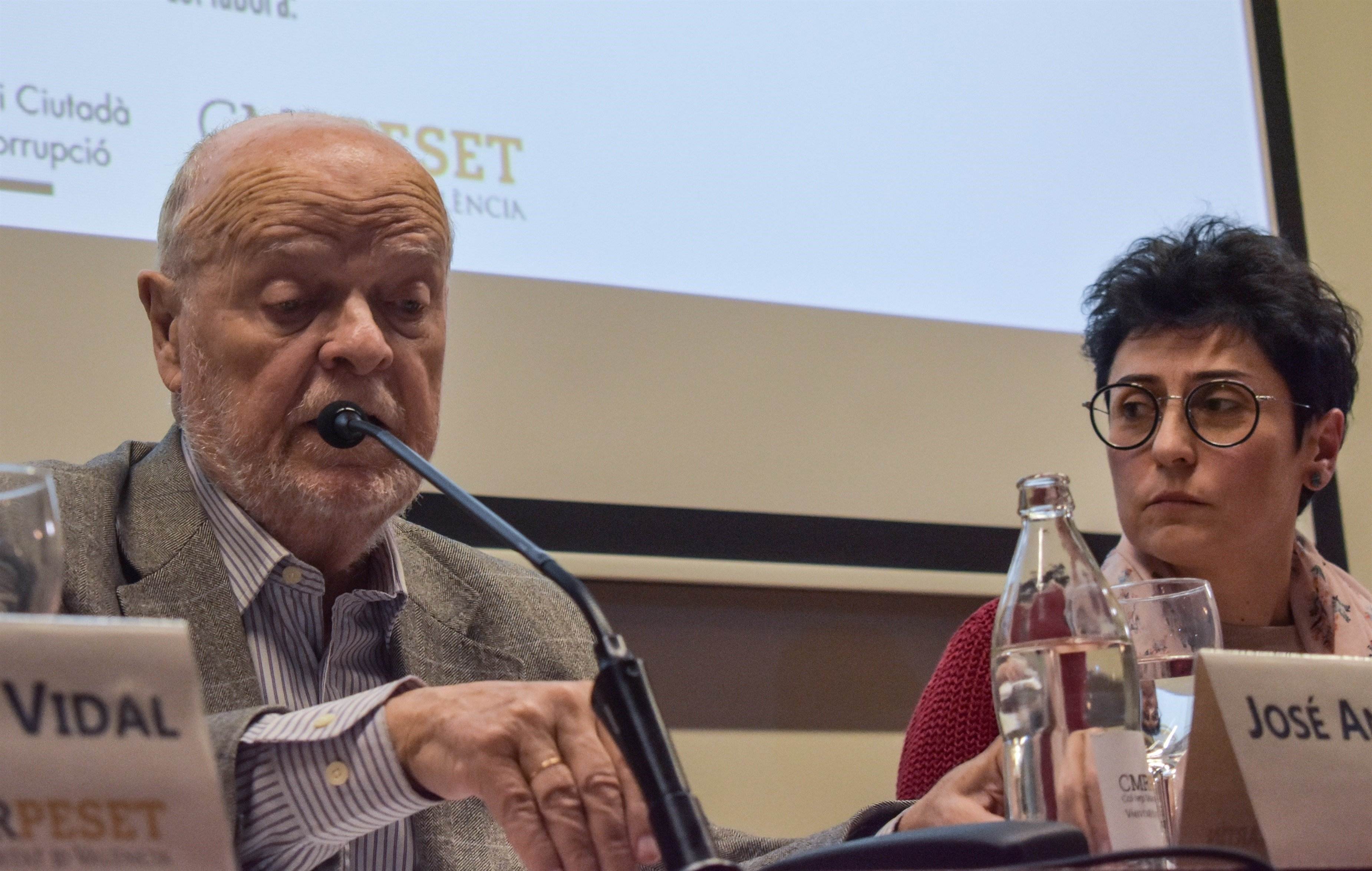José Antonio Martín Pallín, judge emeritus of the Spanish Supreme Court, gives a forceful defence of the feasibility of an amnesty on those prosecuted during the Catalan independence process: "I do not understand the parallels [that people draw] between the prohibition on general pardons and an amnesty. Anyone who has studied the history of this country knows that an amnesty is a law that needs 176 votes, it has nothing to do with pardons that are processed as a decree." An amnesty would be like an agrarian reform law, for example, says Martín Pallin, and would not be prohibited by the constitutional provision which forbids the government from decreeing a "general pardon". In addition, in an interview with public broadcaster Catalunya Ràdio, the former senior judge argued that a hypothetical amnesty should include the police forces involved in the violent incidents during the Catalan independence referendum of October 1st 2017.
"An amnesty should also affect the police forces. The Supreme Court sentence admits that on October 1st 2017 there were disproportionate police actions", he maintained and detailed that, from his point of view, all the judicial processes since work began on "the independence road map" should be included in such a law. Precisely for this reason, he rejects the argument that an amnesty in the case of the Catalan independence process would go against the principle of equality, by conceiving it for the Catalan political prisoners. "It's not aimed at specific names, the figures vary, I've read different ones, that 1,000 or 3,000 were prosecuted. So it wouldn't be just for a few people at all", he said.
The possibility of a referendum
Asked if he thinks it is feasible to call a referendum on independence for Catalonia within the framework of the Spanish Constitution, the judge emeritus again agrees, but with nuances. "It is a complex issue for two reasons. First because the Treaty on the Functioning of the European Union reserves for member states the right to ensure territorial integrity and, therefore, that is something to take into account. That in Scotland, or in France with New Caledonia or, at the time, the case of Kosovo... but of course I think they are not cases that are so similar. On the other hand, an agreed consultative referendum is included in the Constitution."
In this regard, Martín Pallín pointed out that the figure of the consultative referendum, written into the Spanish Constitution has previously been used to make decisions that have changed the course of the country. "Let's not forget that we entered NATO through a consultative referendum," he stressed, although he personally opts for another strategy: "I find it more feasible to return to a statute that recognizes that Catalonia is a nation" - a reference to the 2006 Statute of Autonomy whose text made this declaration, although the Constitutional Court subsequently ruled that it had no "legal effect".
Finally, regarding a possible repeat election, Martín Pallín asserted that it would be a tough blow for democracy: "I think we will have a government, and a repeat election in these circumstances would reach levels of confrontation that are not good for democracy, it would even call the democratic system into question. I think that, in line with the Constitution, the ideal is that whoever gathers the most votes in Congress governs."

